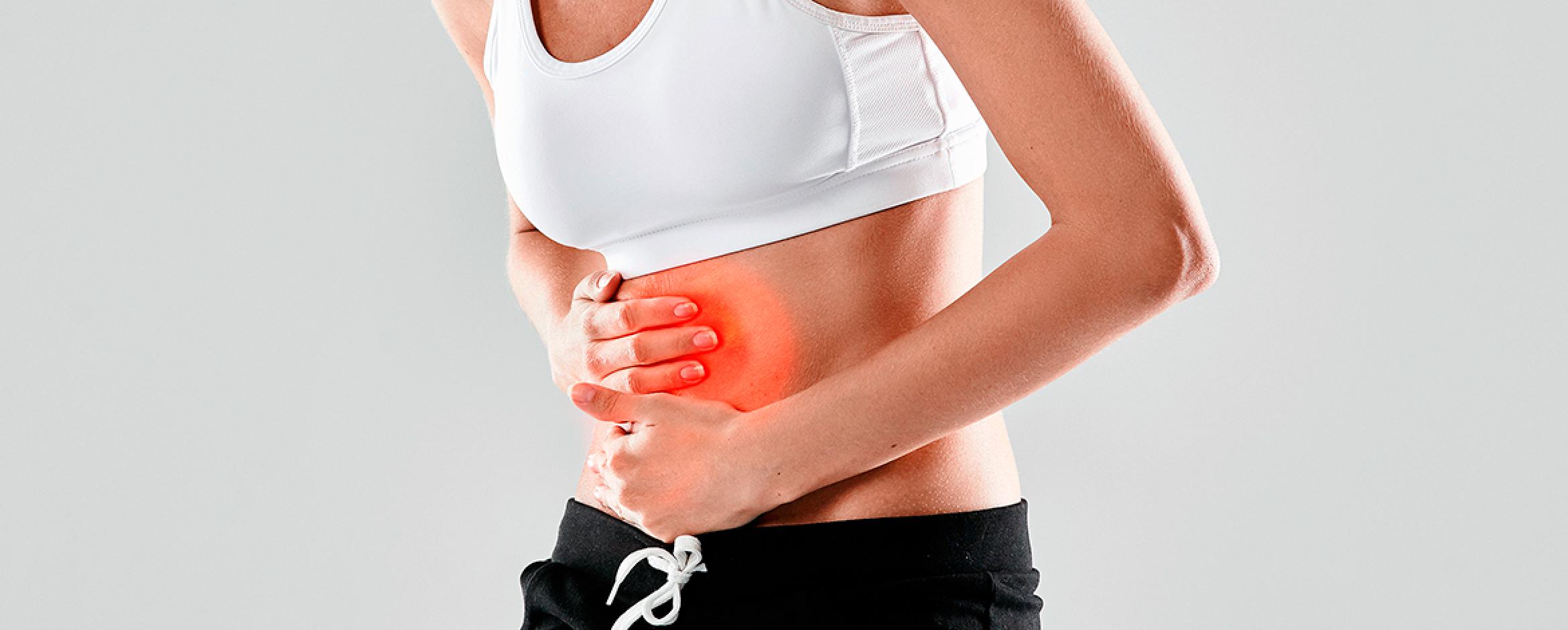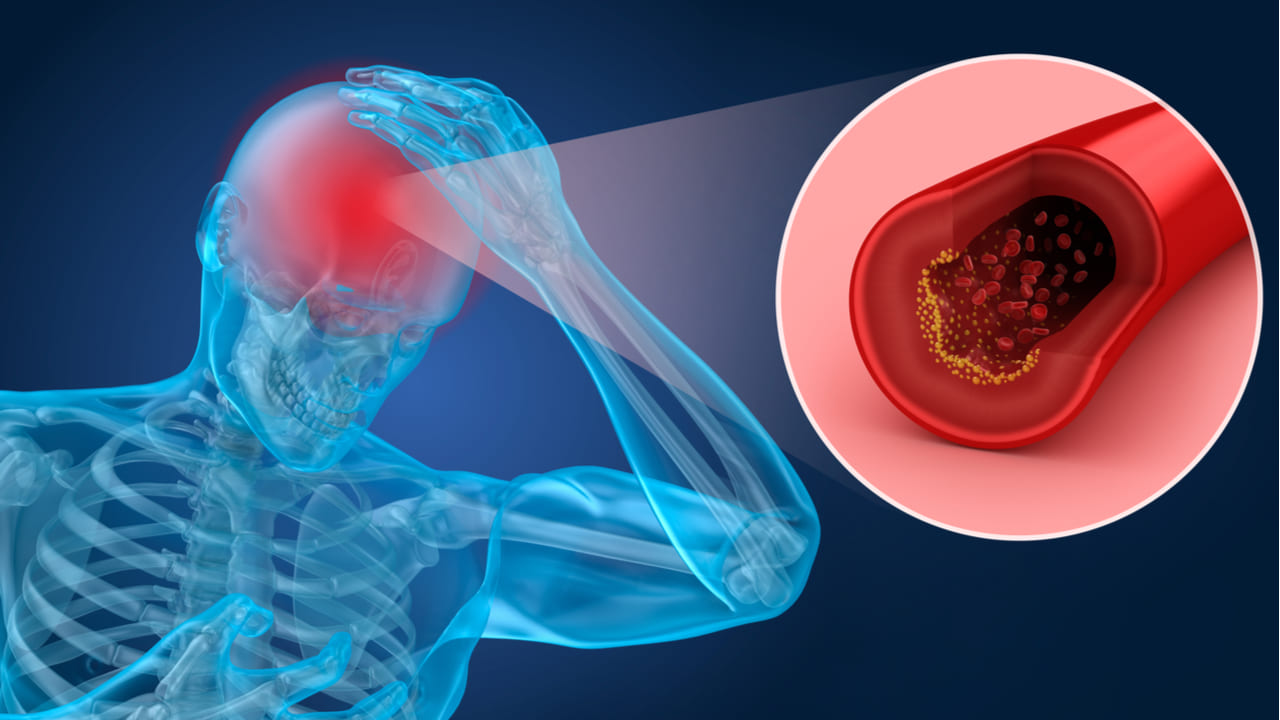Abdominal colic is pain felt in the area between the chest and the groin. Colic is a type of abdominal pain that varies in intensity and can be very acute.
The pain comes in waves, usually starts and ends suddenly, and is almost always severe.
Among the most common symptoms are: belching, the expulsion of gases, pain, cramps or a feeling of a knot in the abdomen, a feeling of satiety or inflammation, increase in the size of the abdomen; Gas pains if gas is trapped or does not move easily through the digestive system.
There are three types of colic:
• Infant colic: Pain that some newborns have during the first months.
• Biliary colic: it is produced by the distension of the gallbladder.
• Nephritic colic: caused by a stone or kidney stones.
Regarding newborns, these are the characteristics of colic during the first months of life:
• Intense crying for no apparent reason.
• Extreme fussiness, even after crying has subsided.
• Generally occur at night.
• Facial discoloration, such as reddening of the face or paler skin around the mouth.
• Body tension, such as straight or stiff legs, stiff arms, clenched fists, arched back, or tense abdomen.
Certain high-fiber foods can cause gas, including:
Beans and peas, fruits, vegetables and whole grains.
Although high-fiber foods increase gas production, they help with the proper functioning of the digestive system and control blood glucose and cholesterol levels.
See a specialist if your gas or gas pains are so severe that they interfere with your normal activities.
To avoid nephritic and biliary colic, it is recommended to drink a lot of fluids, control the diet and reduce salt intake; To prevent the infant, it is recommended to have the newborn in an upright position after eating and gently pat him on the back to eliminate gas, avoid dairy products during pregnancy and keep him seated when feeding, among others. There are also several medications to combat spasms caused by colic.
https://www.mayoclinic.org/es-es/diseases-conditions/gas-and-gas-pains/symptoms-causes/syc-20372709https://medlineplus.gov/spanish/ency/article/003120.htmhttps://www.topdoctors.es/diccionario-medico/colicos






